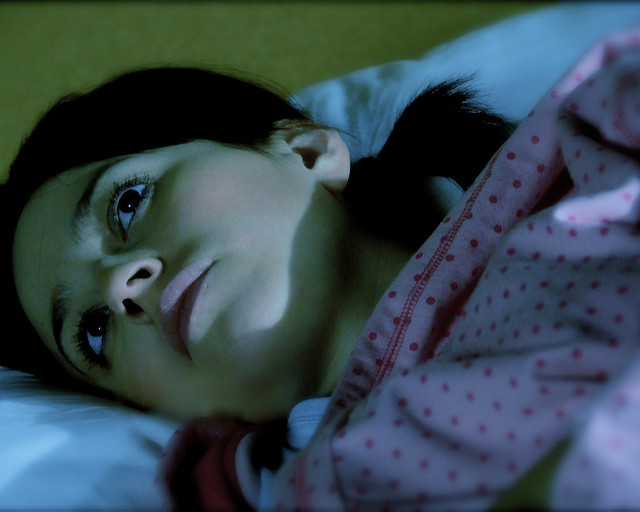There is nothing more troublesome than waking up in the middle of the night, which often we have trouble getting back to sleep afterward. However, instead of getting irritated we should be looking at the reasons why this happens because it could be your body's way of telling you to check on your health.
There are several reasons why you have disturbed sleep. Some can be caused by medication that keeps you in a state of wakefulness even when asleep. Some of these medicines include anti-depressants, heart drugs, and decongestants. Other medicines have side effects that trigger insomnia.
Another reason could be too much water intake before bed, which could result in several trips to the bathroom. Dehydration also wakes you up at night especially if your room is not conducive for sleeping. Warm temperature can lead to night sweats, which could, in turn, leave you with a parched throat that wakes you up at night needing to be soothed with water.
However, if you are not in any type of medication and controlled your water intake before hitting the sack, then there could be serious health reasons. One is sleep apnea. People who suffer from sleep apnea tend to wake up in the middle of their sleep because they have trouble breathing. They also sometimes catch themselves snoring loudly. In this case, it is best to consult a doctor who can help monitor your sleep and recommend preventive measures or give medication if needed.
Another reason is that you may have a heart problem and you do not know it yet. The condition often linked with disturbed sleep at night is atherosclerosis or the blocking or narrowing of the arteries. A 2018 study into the correlation between restlessness during the night and heart problems suggests that lack of sleep are risk factors for atherosclerosis.
Moreover, insomnia keeps you up at night and can be caused by several factors including caffeine intake before bed, adverse effects of medication, and stress. When this happens, you can try yoga and meditation to relax your mind and body. You can also avoid naps and try to keep active in the day to stimulate sleep at night.
Lastly, anxiety and depression go hand in hand with insomnia. Stress and emotional pressure can build up anxiety and affect your sleep in the process. Researchers believe that some form of sleep disruption is present in nearly all psychiatric problems.






